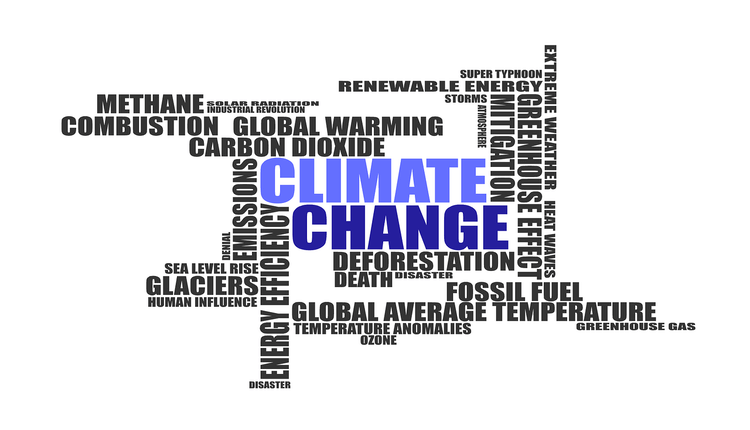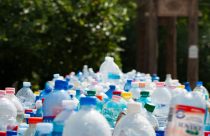How to Beat the Global Warming With a Greenhouse Gas?

With the effect of global warming being experienced slightly more, day by day, the possible threat of climate change is gaining ground. Researchers all over the world are looking for ways to reduce global warming, when a team of researchers at Stanford University came up with a discovery. The study, recently published in Nature Sustainability, describes a method of converting methane, an extremely potent greenhouse gas into carbon dioxide, which has a lesser potential of increasing global warming. Methane is, in fact, 84 times more potent than carbon dioxide as a greenhouse gas. However, it is challenging to capture methane from air because its concentration is very low. Interestingly, the researchers think that zeolite, a crystalline material that consists primarily of aluminum, silicon and oxygen, could act essentially as a sponge to soak up methane. The process may involve a giant contraption with electric fans forcing air through tumbling chambers or reactors full of powdered or pelletized zeolites and other catalysts. These zeolite crystals will trap the atmospheric methane. On heating the trapped methane, carbon dioxide will be released. Moreover, converting methane to carbon dioxide could be profitable with a price on carbon emissions. A zeolite array about the size of a football field could generate millions of dollars a year in income while removing harmful methane from the air!
To know more, click here now!









